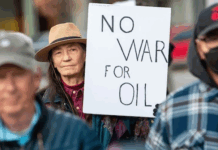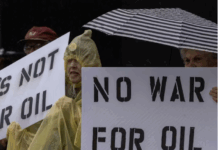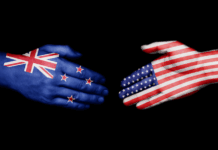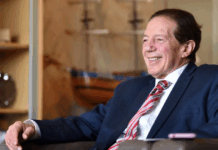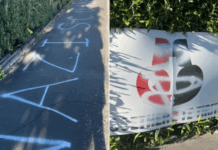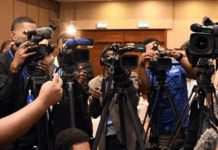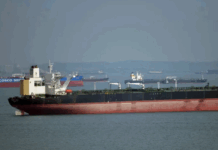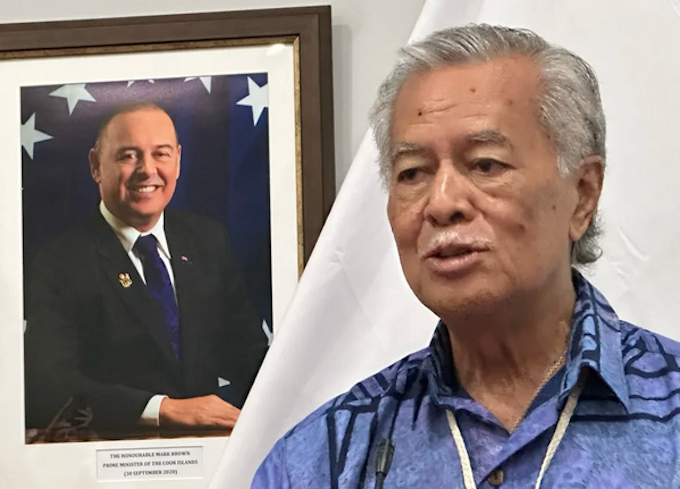
By Caleb Fotheringham, RNZ Pacific journalist
Environmentalists in the Cook Islands have criticised former Prime Minister and Pacific Islands Forum (PIF) head Henry Puna for joining the board of a deep sea mining company.
Puna, who finished his term as PIF secretary-general in May last year, played a pivotal part in the creation of multi-use marine park, Marae Moana, in 2017.
The marine protected area extends over the entire country’s exclusive economic zone (EEZ), covering an area roughly the size of Mexico.
- READ MORE: Trump’s deep sea mining order condemned as ‘militarisation’ of Pacific
- Trump’s push on deep sea mining imperils Nauru’s commercial ambitions
- Trump signs ‘deeply dangerous’ order to fast-track deep sea mining
- Other seabed mining reports
It prohibits large-scale commercial fishing and seabed mining within 50 nautical miles of each of the 15 islands.
Puna has now joined the board of deep sea mining company Cobalt Seabed Resources (CSR) — a joint venture between the Cook Islands government and the Belgian company Global Sea Mineral Resources.
CSR is currently undertaking exploration in the Cook Islands EEZ, along with two other companies. It also has an exploration licence in the Clarion-Clipperton Zone, located in the high seas in the central Pacific Ocean.
Environmental advocates say Puna’s new role conflicts with his conservation work.
Simultaneously pushing for Marae Moana
The Te Ipukarea Society said Puna was interested in the deep sea mining industry while simultaneously pushing for the creation of Marae Moana during his time as Prime Minister.
“It is something to be wary about with his new role and maybe how he will go about green washing how the deep sea mining company operates within our waters and their actions,” the environmental charity’s director Alana Smith said.
While in Parliament, Puna was an MP for the Northern Group atoll Manihiki.
Manihiki resident Jean-Marie Williams said Puna was a good man
However, Williams believes the benefits of deep sea mining will not be seen on his island.
“We could make money out of it,” he said. “But who’s going to make money out of it? Definitely not the people of Manihiki.
“The corporat[ions] will make money out of it.”
‘First to know’
However, William Numanga, who previously worked for Puna as a policy analyst, does not view it like that.
“Remember, Henry lives on an atoll, up north, so if there is any effect on the environment, he would be first to know,” Numanga said.
“I do not think he will be putting aside a lot of the environmental concerns or challenges. He will be making sure that those environmental concerns are factored into this development process,” he added.

He believes Puna’s “passion for environmental protection”, coupled with his desire for economic development, makes him a good fit for the role.
Auckland doctoral student Liam Koka’ua said the company, which has the aim of extracting valuable minerals from the seabed, went against the purpose of Marae Moana.
“If you truly believe Marae Moana is a place that must be protected at all costs and protected for our sustained livelihood and future and be protected for generations to come, then I don’t think rushing into an experimental industry that could potentially have huge impacts is aligned with those intentions,” Koka’ua said.
RNZ Pacific has made multiple attempts to reach Puna for comment, but has yet to receive a response.
However, in a statement, he said CSR was “uniquely placed to make advances for the people of the Cook Islands”.
This article is republished under a community partnership agreement with RNZ.


